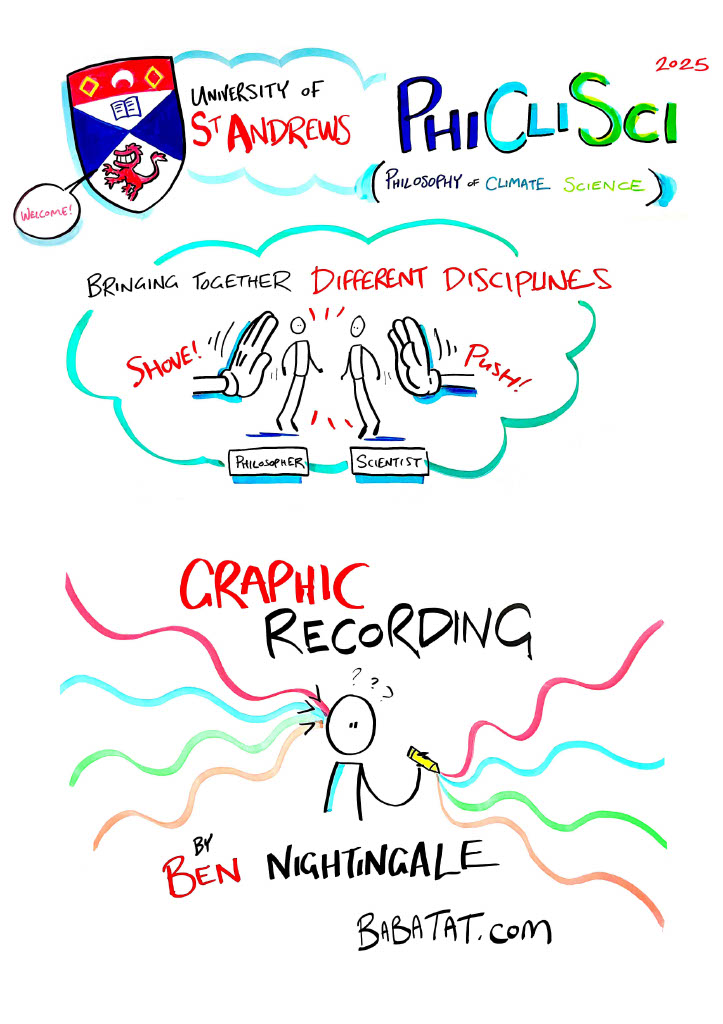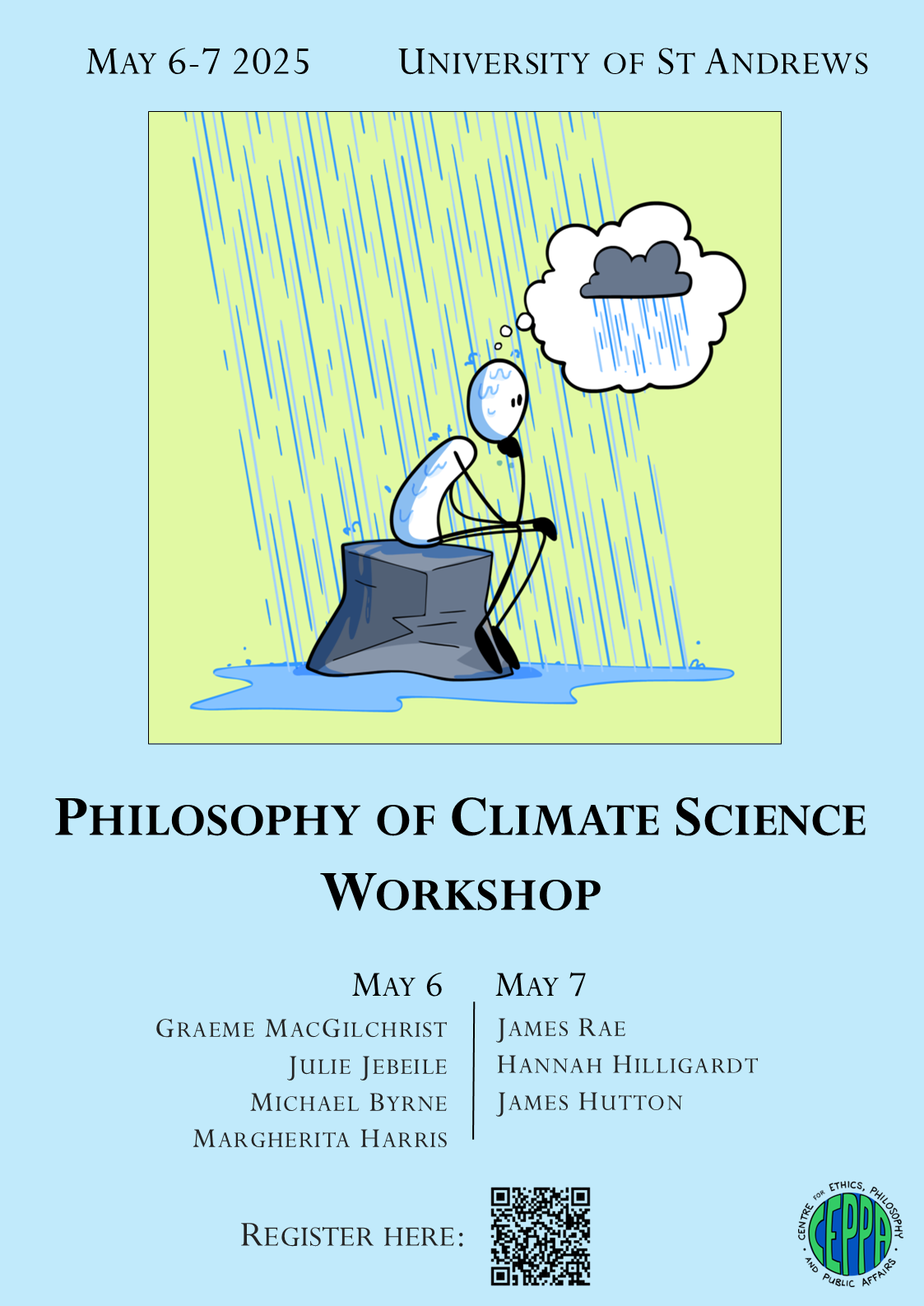Philosophy of Climate Science has become a relevant research field within the philosophy of science in recent years. Potential research questions are:
Epistemic and methodological questions
- What is the epistemic significance of understanding in and for climate science?
- What are the epistemic strengths and limitations of climate modelling?
- How can research yielding different outputs like predictions, understanding, and explanations fruitfully inform each other, what are their epistemic strengths, what their limits?
- What different epistemic goals, (like accuracy, empirical adequacy, predictive success, explanatory power, fruitfulness) can climate research have? How may these goals interact?
Ethics and Climate Justice meet Climate Science
- Which responsibilities does climate science have as an informant to society at large and marginalized communities specifically?
- Which responsibilities does climate science have regarding environmental outcomes for future generations and the natural world?
- Which responsibilities does climate science have to cooperate with and learn from local (especially indigenous) communities’ insights into local effects of climate change?
Values in Climate Science
- What epistemic obligations (in, e.g., choice of evidential standards, research topics, research method, data collection, various choices in modelling) follow from ethical obligations climate science has vis-à-vis humanity and the planet?
- What lessons can be drawn from feminist, non-western, and specifically indigenous philosophies of science to understanding the epistemic-ethical challenges climate science and scientists face?
- To what extend, and in which ways, is epistemic trustworthiness of climate science dependent on its responsiveness to matters of climate justice?
Communicating Climate Science
- How can Climate Science ward itself against “merchants of doubt”?
- What challenges arise for communicating facts about global warming given different forms of uncertainties (specifically in climate modelling) affecting research in climate science?
- What challenges exist for climate science in establishing a relationship of trust vis-à-vis a global public beyond the usual undermining attempts by “merchants of doubt”?
People
- Mara van der Lugt (Philosophy), Project Leader
- Katharina Bernhard (Philosophy)
-
Derek Ball (Philosophy)
-
Andrea Burke (Earth & Environmental Sciences)
-
Michael Byrne (Earth & Environmental Sciences)
- Lydia Cole (School of Geography & Sustainable Development)
-
Miguel de la Cal Moreno (Philosophy)
-
Alex Douglas (Philosophy)
- Viviane Fairbank (Philosophy)
- Simon Lee (Earth & Environmental Sciences)
-
Graeme MacGilchrist (Earth & Environmental Sciences)
-
James Rae (Earth & Environmental Sciences)
Events
- Workshop: Philosophy of Climate Science (6-7 May 2025)
- You can find illustrations about the talks (and the two public lectures) here.
Latest news
-

Ilustrations Philosophy of Climate Science Workshop 2025
The following are a series of illustrations drawn by Ben Nightingale during the Climate Justice Workshop in St Andrews on the 6th and 7th of May 2025. You can download a PDF with all of the illustrations here. Graeme MacGilchrist (St Andrews): Principles and Uncertainties in Climate Modelling and Climate Change Projections. Julie Jebeile (Bern):…
-

First Philosophy of Climate Science (PhiCliSci) Workshop announcement.
We are delighted to announce our first Philosophy of Climate Science (PhiCliSci) workshop, hosted by CEPPA, which will be held in St Andrews on 6 and 7 May. This workshop brings together philosophers and climate scientists who are eager to work and think together on questions central to the climate crisis. (For more information about our collaborative PhiCliSci project, see here.).…

